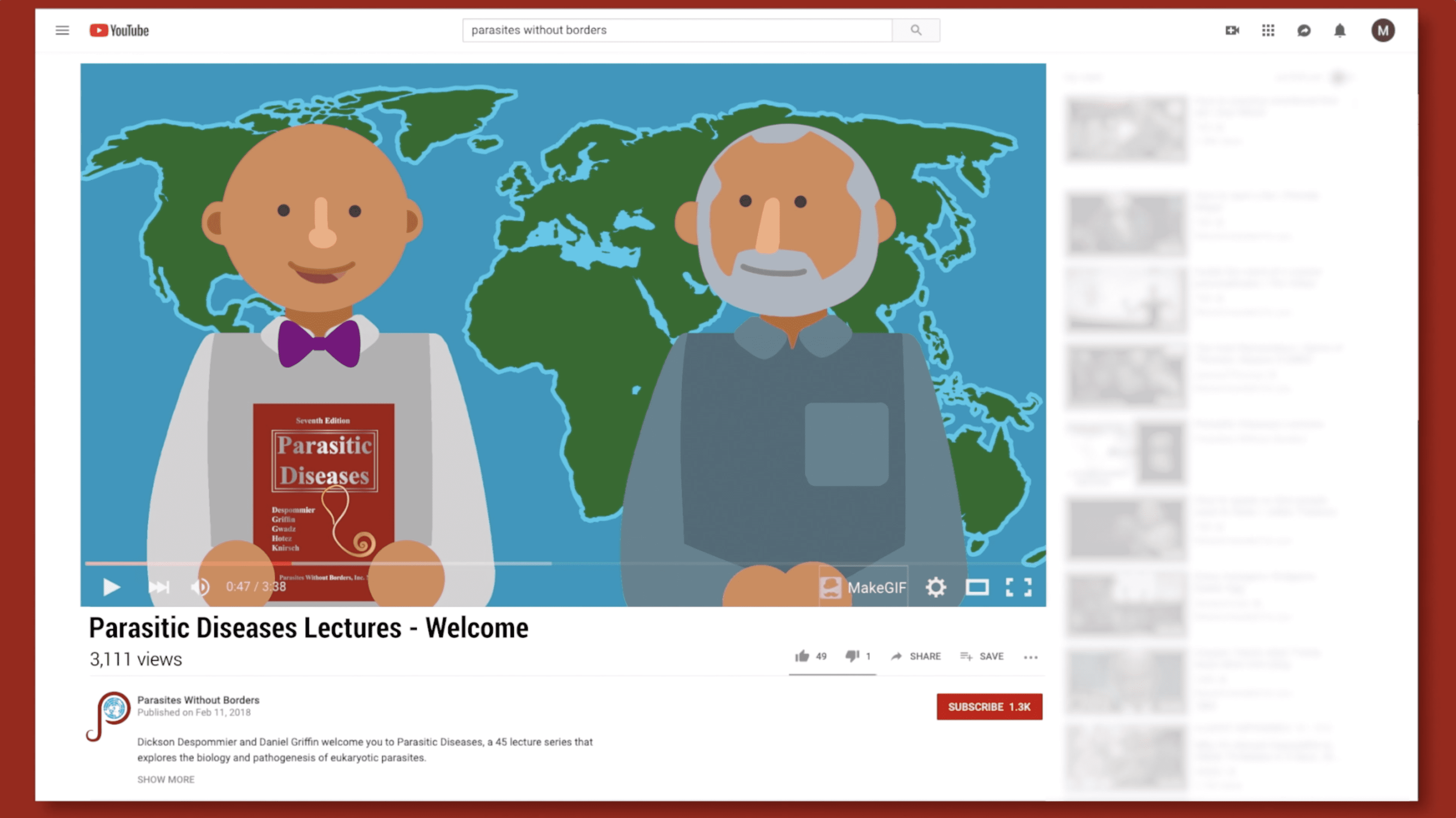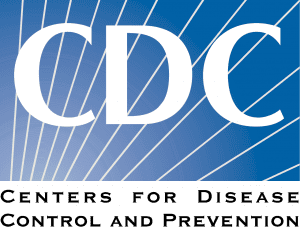Many people imagine parasites to be worm-like, something picked up unfortunately on a trip due to unsanitary conditions or food handling. According to Parasites Without Borders (PWB), parasites are any organism that takes metabolic advantage of another organism — and they’re more common than you think. According to the World Health Organization, approximately 25 percent of the world's population has a parasitic infection (and in tropical and subtropical areas, with limited access to clean water and sanitation, it’s as high as 50 percent). In the United States, the CDC estimates that more than 60 million people are infected. Parasites are eukaryotic organisms (any cell or organism with a nucleus) and can be viruses, bacteria, fungi, protozoans, worms, and more. They’re unpleasant and can cause a host of issues and diseases. While they can be treated, much of the medical community doesn’t have the necessary knowledge to help those infected. The founders of Parasites Without Borders are on a mission to change that and to help eliminate human suffering from parasitic infections.
“The subject of parasitology has been essentially marginalized at most medical schools,” shares Dr. Daniel Griffin, MD, PhD, co-founder and president of PWB. “It’s a shame because these diseases still exist, and they're still infecting millions of people — and there's a lot of suffering.” Dr. Griffin founded the global health nonprofit with fellow physicians and scientists who are passionate about parasitology and who have a lifetime of experience teaching it to students of medicine, both in the U.S. and abroad. Parasites Without Borders offers education for all those in a position to apply medical knowledge directly to populations most in need. Dr. Griffin, Dr. Dickson Despommier, Dr. Robert Gwadz, Dr. Peter Hotez, and Dr. Charles Knirsch have compiled their knowledge into a comprehensive textbook on the subject, as well as an online course that enables students to become certified in parasitic diseases — and all their resources are offered at no cost. “This education is the tool that can make the biggest difference in reducing the suffering of so many people with parasitic infections throughout the world,” shares Dr. Griffin.
The textbook Parasitic Diseases is in its 7th edition and is available to download for free. The counterpart to the textbook is an online, 45-part video series called Parasitic Diseases Lectures, which explores the biology and pathogenesis of protozoan and helminth parasites. “The book is the basis for the online course, where we take you through the world of human parasites,” explains Dr. Griffin. The videos are presented in the same format as the book, including the history of discovery, life cycle, cellular and molecular pathogenesis, clinical disease, diagnosis, treatment, prevention and epidemiology, and more. The videos are presented by Dr. Despommier and Dr. Griffin and cover topics like Lymphatic Filariasis, Schistosomes, Pinworms, Hookworms, Cutaneous Leishmaniasis, and Giardiasis. “My hope is that individuals that watch these lectures are going to be able to make changes, as physicians and clinicians through diagnosis and treatment,” Dr. Griffin continues. Parasitic Diseases Lectures was made possible by the Donald and Barbara Zucker Family Foundation. Videos are available online and on YouTube.
Situation Dashboards

World Health Organization (WHO)

Johns Hopkins University (JHU)

COVID-19 in US and Canada






